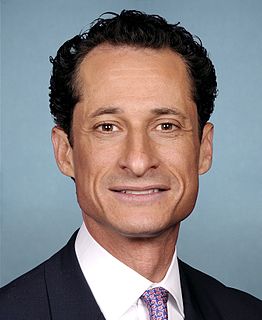A Quote by John Delaney
Repealing the estate tax won't create jobs, it won't boost GDP, and it won't add efficiency to the market. Instead, repealing the estate tax will simply add to the debt, hurt our ability to build a stronger economy and worsen economic inequality.
Related Quotes
All those predictions about how much economic growth will be created by this, all of those new jobs, would be created by the things we wanted - the extension of unemployment insurance and middle class tax cuts. An estate tax for millionaires adds exactly zero jobs. A tax cut for billionaires - virtually none.
The harsh reality is that we simply cannot tax our way out of our overspending and debt problem. We need a balanced approach that includes both a stronger economy to generate new tax revenues and bipartisan guardrails, which will help ensure that future presidents and congresses spend within our means.
The most serious problems lie in the financial sphere, where the economy's debt overhead has grown more rapidly than the 'real' economy's ability to carry this debt. [...] The essence of the global financial bubble is that savings are diverted to inflate the stock market, bond market and real estate prices rather than to build new factories and employ more labor.
The real estate lobby has prominent allies in both parties. After the last major overhaul of the tax code, in 1986 - under a Republican president, Ronald Reagan, a Republican Senate and a Democratic House - it was a Democrat, Bill Clinton, who signed legislation that restored lost real estate tax breaks seven years later.
If you're a full-time manager of your own property - and full-time, according to Congress, is 15 hours a week - you can take unlimited depreciation and use it to offset your income from other areas and pay little in tax. One of the biggest real estate tax lawyers in New York said to me, if you're a major real estate family and you're paying income taxes, you should sue your tax lawyer for malpractice.































